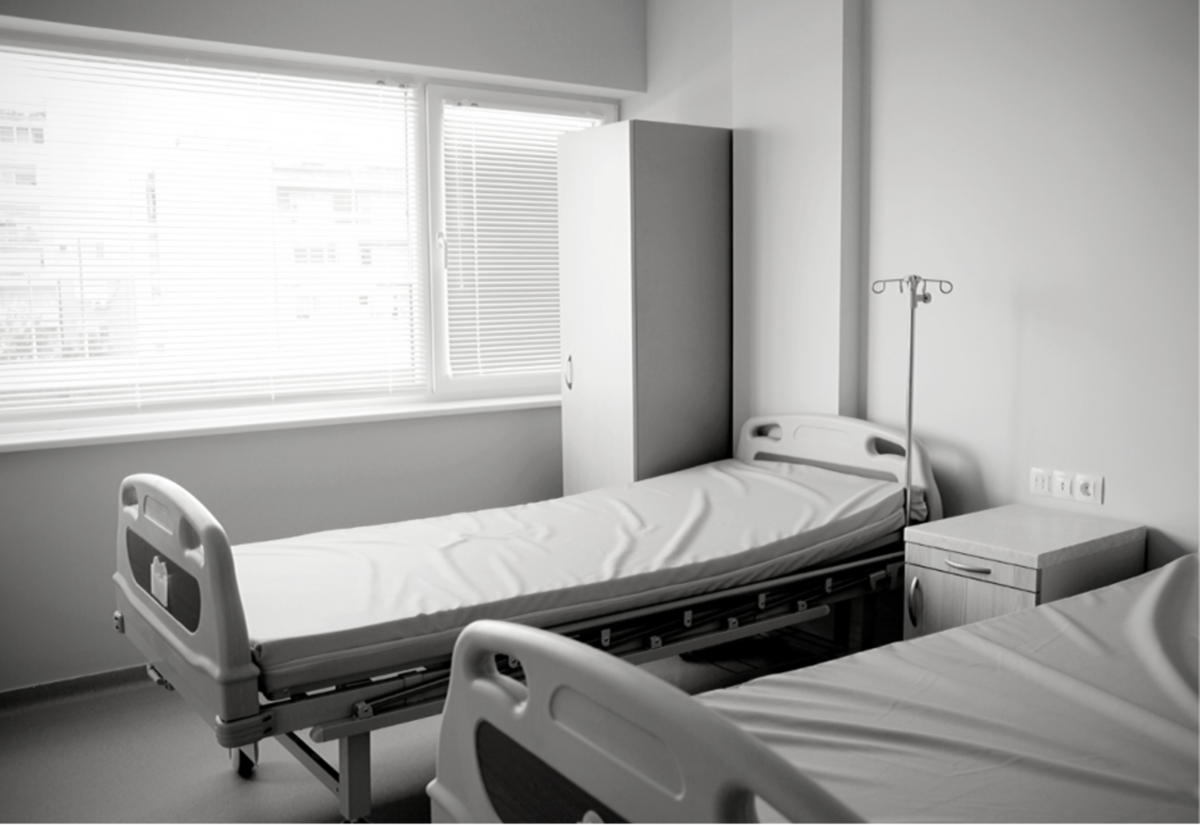Health authorities refute dismal predictions of Walgett hospital
Laura Williams
04 December 2021, 8:10 PM
 The Rural & Regional Health Inquiry this week heard reports that the staff shortage at Walgett hospital is dire.
The Rural & Regional Health Inquiry this week heard reports that the staff shortage at Walgett hospital is dire.The Western NSW Local Health District has denied claims of declining hospital capacities following the recent hearings into the Regional and Rural Health Inquiry.
Earlier this week, it was reported that a hospital staff member had told the Inquiry of their concerns that the nurse shortages in the region could lead to reducing available beds in February.
Walgett-based nurse Elizabeth Kennedy gave evidence to the inquiry that she believes the service will not have enough nursing staff over February and may need to shut down beds.
If that were to occur, Walgett patients would have to relocate three hours away to Dubbo.
The Western NSW Local Health District has since stated that the cuts to bed numbers will not happen, but Shadow Minister for Health Ryan Park says that the evidence is similar to what has been heard throughout the inquiry.
“The evidence coming out of these latest hearings is unfortunately something we are hearing too often throughout these inquiries," Mr Park said.
“It is very concerning crippling staff shortages expected for February, may result in beds being shut down and services to the local community reduced."
“The Minister must sit down with staff representatives and the local health district to address this issue and look at ways they can work with the Federal Government to attract and retain staff to rural NSW because these communities deserve better than this and the staff working in these area deserved to be listened to," he said.
The inquiry also heard from Walgett Shire Council General Manager Michael Urquhart, who expressed the town’s concern with reduced face-to-face care in the community that has seen in-person care reduced by 53 per cent in Collarenebri, resorting to telehealth at other times.
“This form of medical consultation service will no doubt have shortcomings in some towns as internet connectivity is unreliable, and this may have serious consequences for patients,” Mr Urquhart said.
“Our community generally understand the resourcing constraints placed upon the Health Service for delivery of healthcare to our remote communities, however, it would be a bitter pill to swallow for residents if services were to be continually reduced as part of a NSW State Government cost cutting exercise,” Mr Urquhart said.
Walgett, which is rated as the third most disadvantaged shire in NSW on the Australian Bureau of Statistics' Index of Relative Socio-Economic Disadvantage , is home to high risk and vulnerable residents, currently including six children suffering from heart-related conditions.
Mr Urquhart also outlined in his evidence that rumours are circulating in the town that local chemists may be forced to close as a result of reduced face to face medical services.
“A reduction in GP primary care must increase the cost of patient transport services, with a greater reliance upon for the RFDS, Air Ambulance, Child Flight and other aero-medical service aircraft providers…surely it must be more beneficial for the NSW Government and remote communities to invest in local GP services,” he said.
“The tyranny of distance continues to shape the Australian outback, only now it’s the delivery of primary healthcare,” Mr Urquhart said.